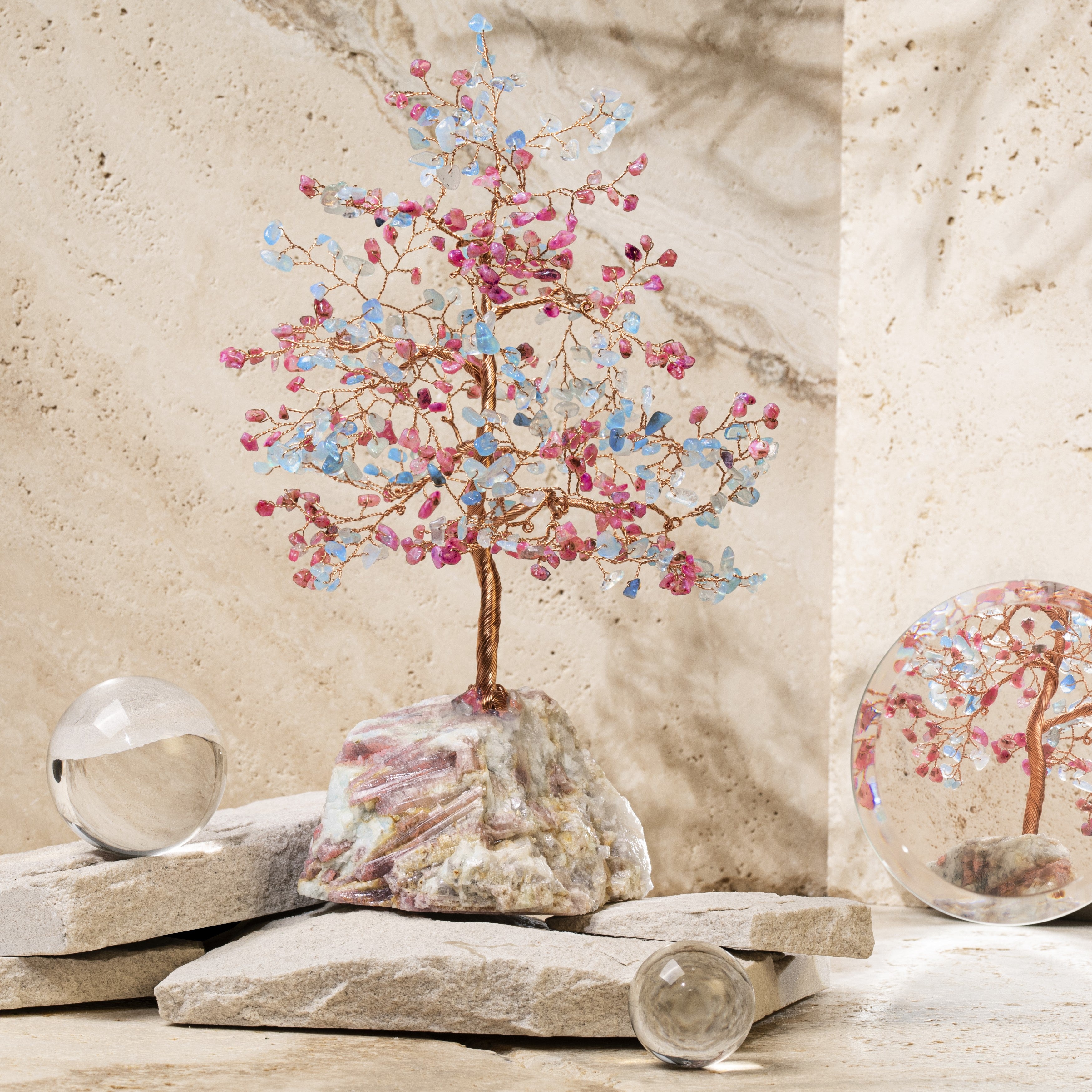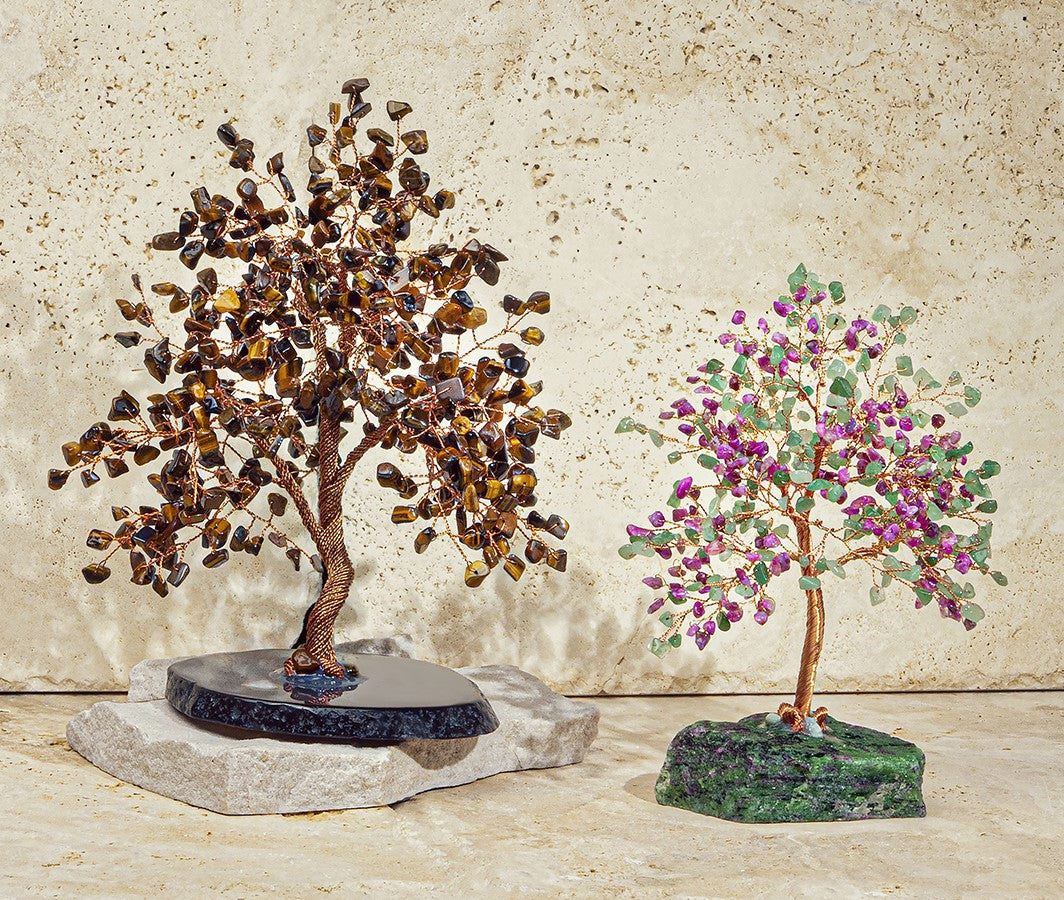How Can You Achieve Transcendental Meditation?

Although meditation is a practice that should bring forth peace and rejuvenation, having many types to learn about might actually bring you more stress than relaxation. Yet it is important to know the history of transcendental meditation and why Oprah feels 1000% better doing it. Fortunately, Cassi McHale of Yoga Lifestyles breaks it down for us and why it’s slowly becoming the talk of the town.
Transcendental meditation was brought to the US by Maharishi Mahesh Yogi, fondly known as the giggling guru. The western world quickly embraced this style of meditation, and it’s most definitely here to stay.
The evidence shows that transcendental meditation reduces anxiety, hypertension, and significantly improves cardiovascular health. Other benefits include improved brain function, lower levels of cortisol (the “stress hormone”), and a spark in creativity. It’s no wonder so many people turn to it to seek relief from suffering and to improve their overall health.

Transcendental Meditation: Meditation for Stress
The transcendental meditation technique can only be taught by a certified instructor to ensure you receive personal guidance and proper, effective instruction.
It doesn’t involve religion, belief, or a change in lifestyle. It doesn’t require you to control your thoughts, and it has nothing to do with mindfulness. It is a mental practice which allows the thinking mind to transcend to a state of restful alertness.
During meditation, your body enters into a deep state of rest, while your brain functions at a higher level. It’s deeply healing and rejuvenating, similar to a power nap without the groggy feeling. It’s often practiced for twenty minutes twice a day, typically in the morning and evening (this is variable depending on your rhythms).

How to Do Transcendental Meditation
Find a certified teacher near you or start your journey by attending a free introductory talk. This provides you the opportunity to speak with a teacher and ask any questions you have.
The instruction takes place over four consecutive days. On the first day, you’ll learn the technique one-on-one with a certified teacher. Over the remaining days, you’ll meditate (one-on-one or in a small group), and receive further instruction personalized based on your needs and experience.
After your initial instruction, you will follow up with a teacher to make sure your technique is on track. From this point on you’ll have free lifetime follow-up and support. You can contact a teacher anytime and attend refresher courses, advanced lectures, retreats, group meditations, and personal “tune-ups” for your practice.

The Cost of Learning Transcendental Meditation
There’s a fee (ranging from $380 to $960) to cover the costs of initial instruction and a lifetime of follow-up training. Why does it cost so much? There are many layers to this question, but it comes down to preserving ancient knowledge. Certified teachers complete an intensive in-residence training so you can learn the technique in its absolute purity.
Don’t be discouraged by the cost. It is accessible to everyone through scholarships, payment plans, and discounts. More than 500,000 full transcendental meditation scholarships have been given to people in need. You can try applying for a scholarship at the Maharishi Foundation or the David Lynch Foundation.
Tools to Help You Transcend

There are plenty of ways to help create a well-rounded meditation experience whether you’re with a teacher or practicing alone. Take Karma and Luck’s singing bowls as an example. The Crystal Quartz Singing Bowls are considered to be an ancient Tibetan meditation tool often used in Buddhism.
These bowls can accompany rituals, hymns, and prayers as they are able to produce the special sound that’s able to stimulate and calm the entire body. The sound waves are also believed to optimize the flow of energy through the body making it an extremely meaningful addition to any meditation session.
Check out our Singing Bowls review:


















































































